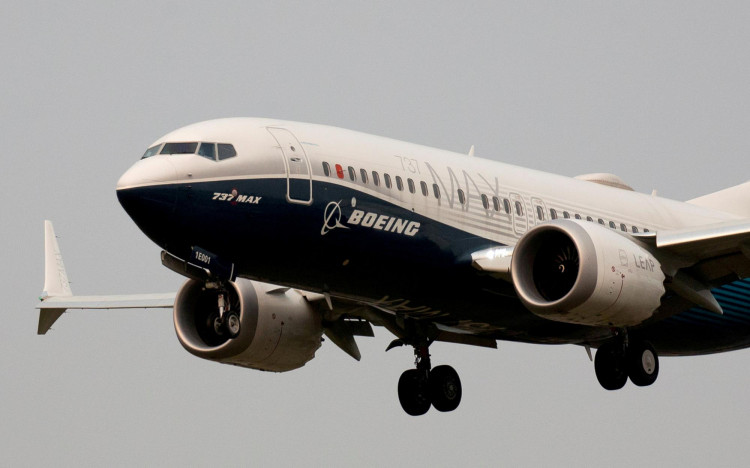Santiago Paredes, a former quality manager at Boeing supplier Spirit AeroSystems, has come forward with alarming allegations about the company's manufacturing practices, claiming he was pressured to downplay defects discovered during inspections of 737 fuselages. In his first public interview, Paredes told CBS News and the BBC that he often found up to 200 defects on parts being readied for shipping to Boeing, raising concerns about the safety of the planes.
Paredes, who worked at Spirit AeroSystems in Wichita, Kansas, from 2010 to 2022, said he was nicknamed "Showstopper" for slowing down production when he tried to address his concerns. "If quality mattered, I would still be at Spirit," Paredes said. "It was very rare for us to look at a job and not find any defects."
According to Paredes, his bosses pressured him to keep his reports to a minimum, prioritizing meeting quotas and schedules over addressing the consequences of shipping defective fuselages. "They always said they didn't have time to fix the mistakes," Paredes claimed. "They needed to get the planes out."
In February 2022, Paredes said he was asked to speed up his inspections by being less specific about the issues he found. He responded via email, stating that the request was "unethical" and put him "in a very uncomfortable situation." Following this incident, Paredes was demoted from his leadership role, only to be reinstated after filing a complaint with HR. However, the toll of constantly fighting to do the right thing led him to resign by the summer of 2022.
Paredes emphasized that the defects he found on 737 fuselages were often similar to those that led to a door flying off an Alaska Airlines flight at 16,000 feet in January. "Why'd that happen? Because Spirit let go of a defect that they overlooked because of the pressure that they put on the inspectors," he said. "If the culture was good, those issues would be addressed, but the culture is not good."
The allegations made by Paredes form part of his testimony in a shareholder lawsuit against Spirit AeroSystems, where he is referred to as "Former Employee 1." The lawsuit accuses the company of deliberately attempting to cover up serious and widespread quality failings, exposing shareholders to financial losses when those failings became exposed. Spirit said it "strongly disagrees" with the assertions in the legal action.
Boeing, which remains Spirit AeroSystems' primary client, has agreed to provide financial support to the struggling supplier and is in talks to buy back its former subsidiary. Sources within Boeing insist that efforts are underway to address quality concerns at Spirit, claiming they have succeeded in reducing the number of faults in parts leaving the Wichita factory by around 80%.
However, Paredes maintains that both companies were aware of the scale of the problem with defects, which was allegedly discussed at weekly meetings between quality inspectors from both firms. He claims that his attempts to raise concerns led to retaliation, including demotion and removal to another part of the factory.
The allegations made by Paredes have raised serious questions about the safety of Boeing's planes and the manufacturing practices at Spirit AeroSystems. As the Federal Aviation Administration conducts an audit of production practices at both firms, the aerospace industry and the public await further developments in this troubling case.






